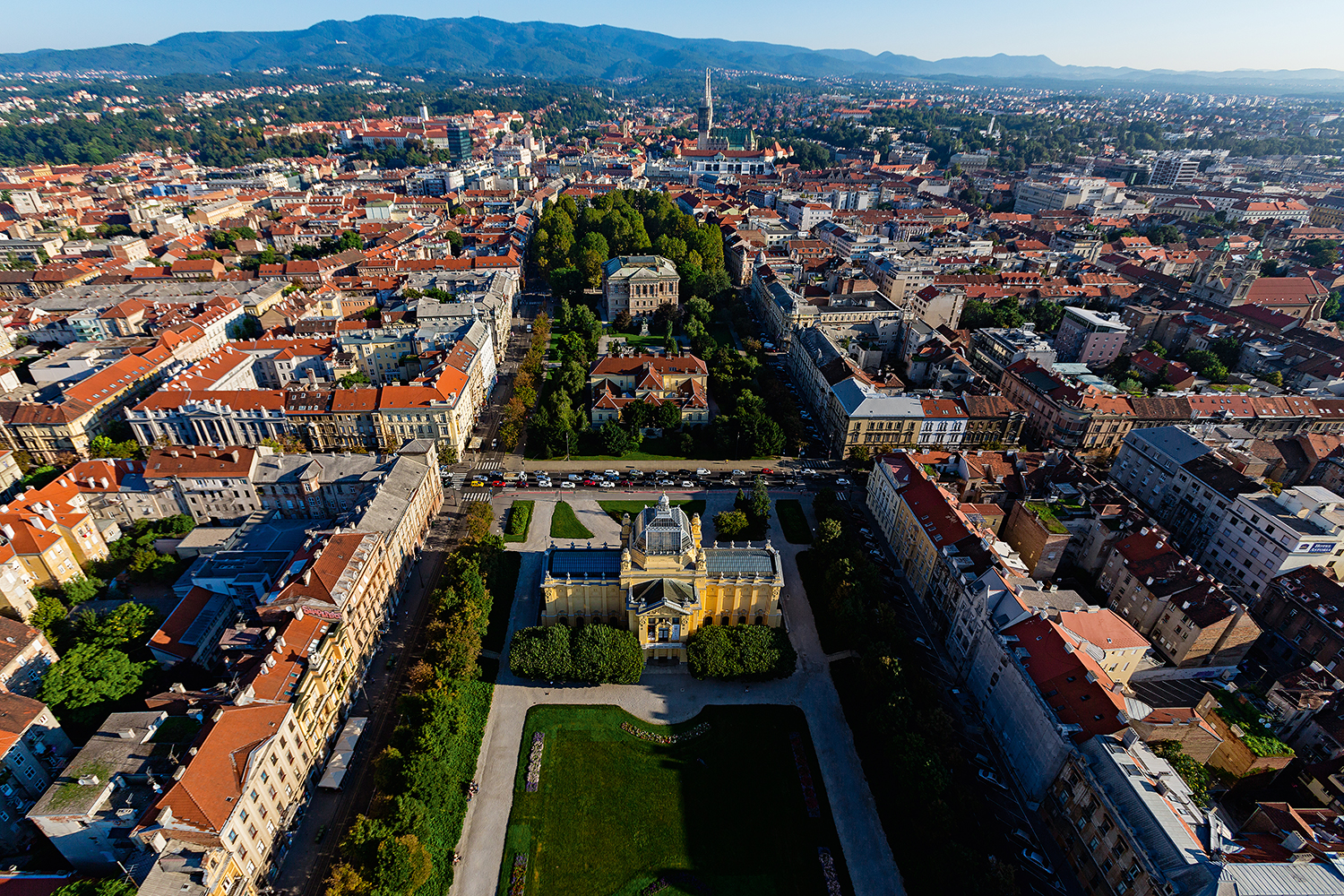www.touradvice.info
Travel
and Vacation Advice
Zagreb
Zagreb is the capital and largest city of Croatia. Located between the southern slopes of the Medvednica Mountain and both the northern and southern banks of the Sava River, Zagreb is considered the cultural, scientific, and governmental centre of the country. The city is also regarded as the economic hub of the Balkans.
Zagreb has played an important strategic role within Europe. Its favourable geographical location in the south-western part of the Pannonian Basin, which extends to the Alpine, Dinaric, Adriatic, and Pannonic regions, has provided an excellent hub for traffic between Central Europe, the Adriatic Sea and the Balkans.
Today, the city’s economic position in the region is determined by the concentration of various industries, scientific, and research institutions, and an industrial tradition.
The city is an important tourist destination. Since the world wars, the city has attracted around a million of tourists annually, mainly from Austria, Germany, and Italy, and in recent years many tourists from far east (South Korea, Japan, China, and from India). Many museums that exhibit the rich history of the city and detail its architectural magnificence are also reasons for the interest in Zagreb.
There are many interesting sights and happenings for tourists to attend in Zagreb, for example, the two statues of Saint George, one at the Republic of Croatia Square, the other at Kamenita vrata, where the image of Virgin Mary is said to be the only thing that hasn't burned in the 17th-century fire.
Numerous shops, boutiques, store houses and shopping centres offer a variety of quality clothing. There are about fourteen big shopping centres in Zagreb. Zagreb's offerings include crystal, china and ceramics, wicker or straw baskets, and top-quality Croatian wines and gastronomic products.
The imposing mountain overlooking Zagreb (Medvednica) contains a preserved fortress (Medvedgrad) and fascinating views of the city. Being respectful in the fort is a good idea, since it is the site of the Altar of the Homeland memorial, dedicated to Croatian soldiers who died in the Homeland war. There are several historical festivals during the year, including knights tournaments.
As other cities in Croatia, Zagreb is very safe, but just as anywhere else dark alleys, parks during the night, etc. should generally be avoided, and common sense should be followed. The chance of getting in trouble in Zagreb is low, especially in the city centre where the most of the hotels and restaurants are located. Tourists are in general respected and welcome.
Pickpocketing isn't a particularly common occurrence in Zagreb, but you might be approached by beggars and similar people on the street and in central bus and train stations - ignore them and they will go away.
Further, if you are going out at night (especially on weekends) steer clear of any drunk and rowdy groups of young people you might encounter in the street or night trams as random beatings have been known to occur. It is not uncommon for such groups to start unprovoked attacks on passers-by, although they target mainly younger crowd and teenagers. These are not common but they do happen occasionally, so take precautions. |
Note: The data provided on this website is for informational purpose only. You are not expected to act upon the advice, if any, given in this website. It is strongly advised that before proceeding for travel to an outside country, please contact your country's external affairs ministry for any travel advisory issued. Further, the travel itinerary has to be planned in consultation with an expert travel planner. We are not responsible for any act done based on the data in this website, since this is only for academic interest and not to be treated as a practical guide. Disclosure: We are compensated for our reviews. Click Here for details
|
copyright www.touradvice.info all rights reserved
